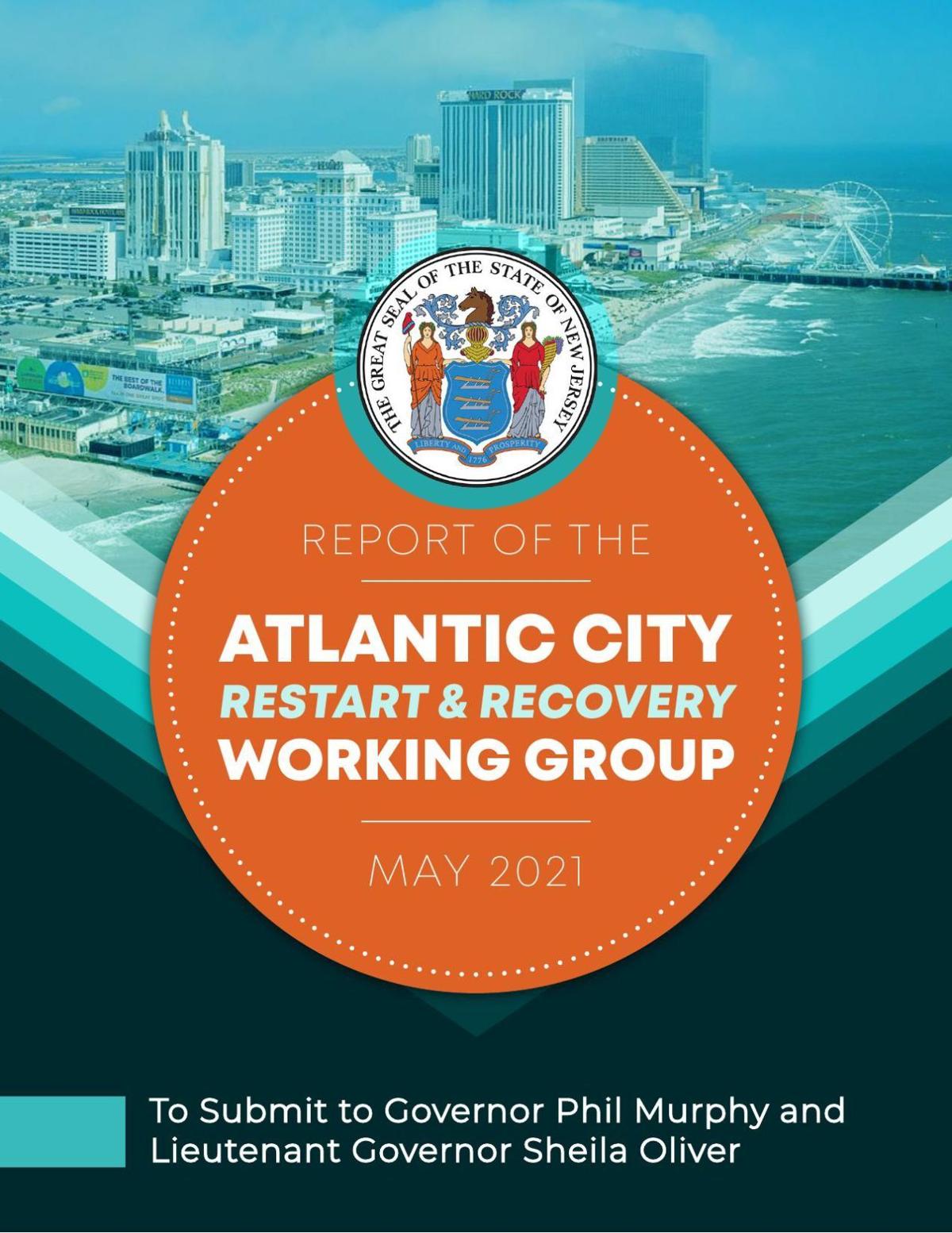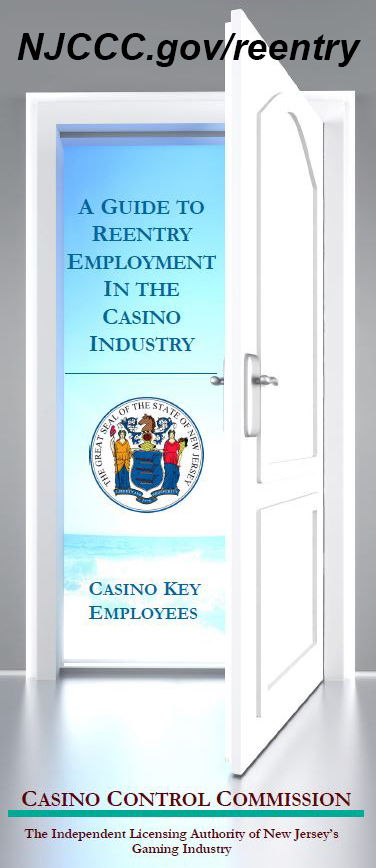Finding a labor solution for Atlantic City and its gaming, hospitality, and tourism businesses

by Sarah Grady, M. A., Assistant Director, Lloyd D. Levenson Institute of Gaming Hospitality
& Tourism
In their May 2021 Report, members of the Atlantic City Restart & Recovery Working Group share their reflections on Atlantic City’s current circumstances and make recommendations as to how the city can rebuild economically and socially following the COVID-19 Global Pandemic. One of the working group’s five subcommittees specifically focused on workforce development while another focused on economic diversification. Both areas of particular interest to the city’s gaming, hospitality, and tourism business operators.
Among the takeaways from the report is a clear sense that future workforce training endeavors in the city will focus on higher paying skilled positions in new and emerging industries in the region. This serves multiple goals for the city, including the enticement of new businesses that require a skilled resident labor force to bring their operations to the city. Further, a higher skilled, better paid resident labor force could afford middle- or higher-income housing and might have fewer obstacles to home ownership. The combination of higher incomes, higher rates of home ownership and the presence of more and varied businesses increases the local tax base, reduces instances of blight in the city and has the potential to mitigate many of the city’s other quality of life issues.
Based on the report and anecdotal evidence, it could be assumed that any workers, even those previously employed in the gaming, hospitality and tourism industries who are currently ‘work ready,’ will be considering employment and/or retraining in the emerging manufacturing, aviation, life sciences, and information technology industries.
Such developments represent positive outcomes for the city and the resident labor force, but do not address the specific challenges faced by gaming, hospitality, and tourism business operators nor directly support their post-pandemic recovery efforts. Chief among these challenges is the need for staff to answer pent-up demand for tourism services. As evidenced in numerous recent news articles and in comments from city gaming, hospitality and tourism operators, there is a real concern that staffing levels will not recover quickly enough to meet customer demand. A successful summer 2021 tourism season is operators’ best chance for post-pandemic recovery. If they do not have the staffing levels necessary to fully capture and monetize consumer demand, operators risk missing out on much needed revenue to recoup their 2020 losses and carry them through to 2022.
While explicitly seeking to reduce the city’s economic dependence on the gaming industry and to train the city’s workforce in non-tourism jobs, the working group recognizes that Atlantic City is still a resort. Efforts to revitalize Atlantic and Pacific Avenues and shift high visibility social services out of the tourism district will benefit the city’s gaming, hospitality, and tourism businesses. Also mentioned in the report is the opportunity to promote Atlantic City as an ‘Advanced Destination’ focused on providing tourism experiences beyond the norm.
Atlantic County Alliance’s Focus Plan, included as an appendix to the working group’s report, lists E-Gaming and Farm-to-Table as two specific areas where Atlantic City could capitalize on emerging experience tourism trends. Also, in promoting a ‘Blue Economy’ model for the Atlantic City region, the working group notes that tourism in the city could be reoriented to provide nature or eco-tourism experiences and attractions, and operators could be encouraged to adopt more environmentally sustainable business practices as part of citywide efforts to go green. All three of these areas, E-Gaming, Farm-to-Table and Eco-Tourism, and others not mentioned in the report, create unique tourism experiences and opportunities for new areas of tourism employment - opportunities that require a specific skill set and may command higher wages.
Thes options provide a path forward for the industry, and dovetails well with recent investments made by operators into non-gaming, experience driven tourism offerings, yet still neglects the challenge of filling fundamental tourism positions like those in housekeeping, guest services, and food services.
The working group’s report does not provide a direct answer for this, but discussion around creating opportunities for chronically underemployed groups could hint at a possible solution. Challenged youth and previously incarcerated individuals represent an untapped or under-utilized resource for operators willing to consider unconventional hiring practices for lower-wage positions which nevertheless provide valuable work experience for these populations.
Steps taken by the New Jersey Casino Control Commission (CCC) in 2019 and early 2020 have already paved the way for former offenders and formerly incarcerated persons to reenter the labor force through work in the gaming sector. On January 21, 2020 Governor Murphy enacted legislation permitting the commission discretion to issue Casino Key Employee licenses to individuals convicted of certain drug offenses who had completed drug court. While the pandemic has slowed the commission's efforts on behalf of these rehabilitated individuals, a return to more normal operations is a chance to renew them.
Working in partnership with city outreach programs capable of providing wrap-around services (housing, transportation, social and emotional support etc.) gaming, hospitality, and tourism operators could fill essential operational positions and provide gainful employment for city residents most in need of work.
Like many of Atlantic City’s lasting challenges, finding a labor solution for the city and its gaming, hospitality, and tourism businesses may require collaboration and a willingness to consider new ways of doing business.





